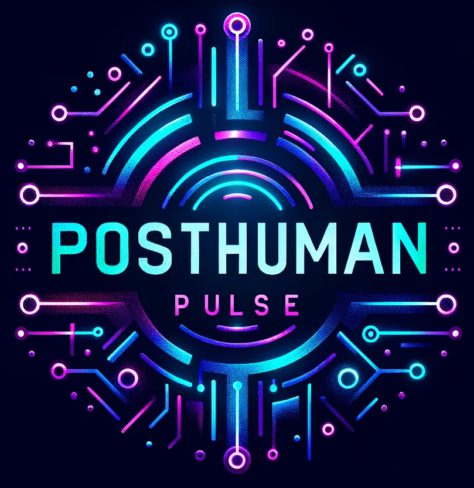In an era where artificial intelligence shapes decision-making processes, the moral compass of AI takes center stage. OpenAI is leading the charge by funding research at Duke University to create algorithms that predict human moral judgments.
This initiative, part of a $1 million, three-year grant, seeks to develop morally aware AI. Our exploration reveals the intricacies and potential impacts of this pioneering research, promising a deeper understanding of AI’s ethical challenges and opportunities.
The Moral Dilemma: Balancing Absolute Rules and Utilitarian Approaches
The debate over moral principles is as old as philosophy itself, with AI now entering the fray. OpenAI’s research delves into whether AI can effectively balance absolute moral rules with utilitarian approaches.
This involves developing algorithms capable of predicting human moral judgments, a task fraught with complexity. Here’s the thing about this challenge: it highlights the difficulty of creating algorithms that can navigate diverse moral frameworks.
Expert insights from the project highlight the intricacies involved. “The feasibility of creating such algorithms is questioned due to the complexity of moral frameworks,” as reported by the Economic Times. The research seeks to balance these frameworks, aiming to develop AI that aligns with human ethics—a task as challenging as it is essential.
Real-World Applications: AI in Medicine, Law, and Business
AI’s role in sectors like medicine, law, and business is transformative, offering solutions to moral conflicts. The Delphi AI experiment exemplifies this, revealing AI’s potential in ethical decision-making. When asked if one should sacrifice a person to save others, Delphi’s responses varied, reflecting the complexity of moral decisions.
In medicine, AI’s impact during the COVID-19 pandemic included ventilator allocation, showcasing its practical applications. Legal and business sectors also stand to benefit, with AI offering insights into ethical dilemmas that traditional methods struggle to address. But wait, it gets better: this research highlights AI’s potential to bridge moral gaps, fostering ethical awareness across industries.
Cross-Cultural Perspectives and the ‘Moral GPS’
Understanding morality requires a cross-cultural lens, and Duke University’s research aims to incorporate this. By developing tools like the “moral GPS,” AI can navigate moral landscapes with cultural sensitivity. This approach is crucial, as moral judgments vary globally, influencing AI’s ethical awareness.
The Moral Attitudes and Decisions Lab at Duke plays a pivotal role, striving to create AI that respects diverse perspectives. This research not only informs AI development but also contributes to ethical discourse, highlighting the need for AI systems that consider cultural nuances in moral decision-making.
Impact & Implications: Shaping the Future of AI Ethics
OpenAI’s initiative reshapes the AI landscape, driving ethical awareness into the heart of AI development. By addressing moral conflicts in fields like medicine, law, and business, this research offers practical applications that improve decision-making processes.
Challenges remain, particularly in aligning AI with diverse moral values. Nevertheless, the potential for morally aware AI is immense, promising solutions to ethical dilemmas across sectors. As AI continues to evolve, its role in ethical decision-making will expand, necessitating ongoing research and dialogue to address emerging challenges.
OpenAI’s funding of AI morality research underscores the complexities of aligning AI with human ethical values. By fostering collaboration between AI developers and ethicists, we can refine moral algorithms and ensure ethical AI deployment. As AI’s role in ethical decision-making grows, continued research and dialogue are vital. Engage with this discourse, and together, we’ll shape an ethical AI future.
“Focusing on absolute moral rules, while ChatGPT leans every-so-slightly utilitarian.” — TechCrunch Article
“The feasibility of creating such algorithms is questioned due to the complexity of moral frameworks.” — Economic Times Article
$1 million grant over three years from OpenAI for AI morality research — TechCrunch Article

